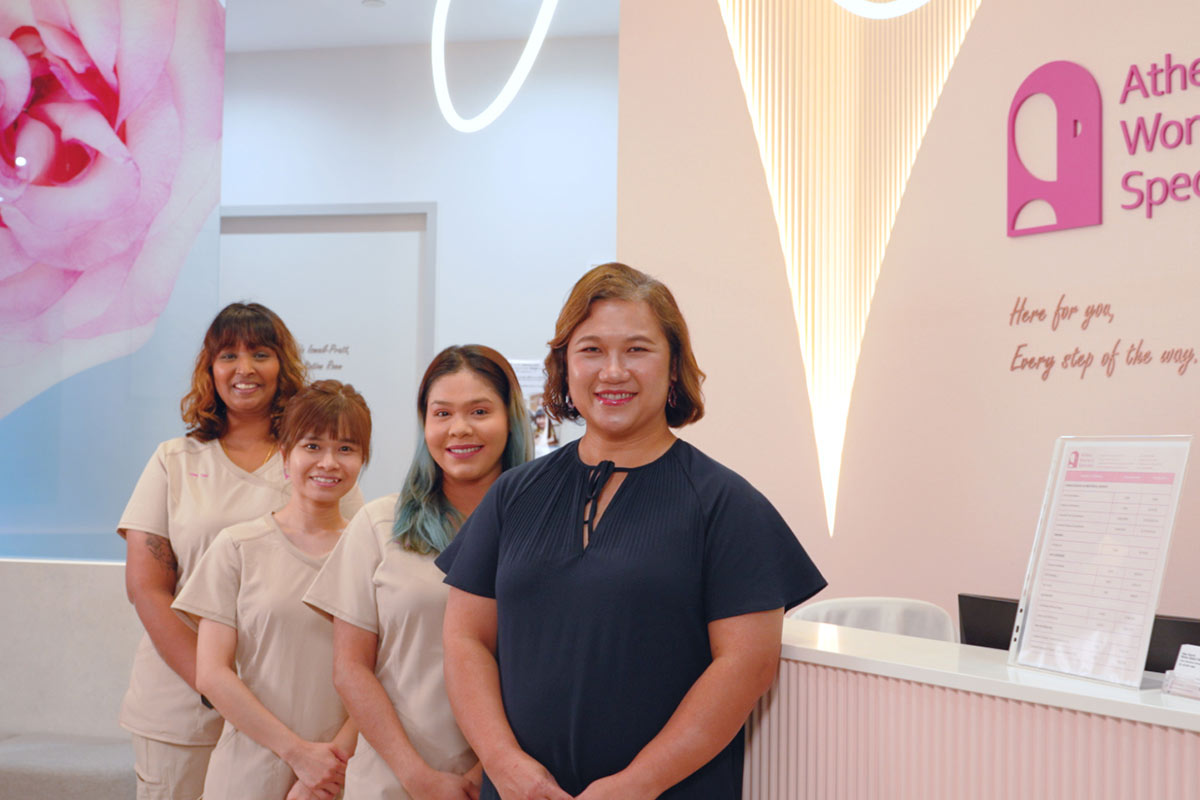That’s why, at Athena Women’s Specialist, we’ve designed cervical screening to be simple, supportive, and worry-free. From scheduling to follow-ups, our caring team is with you at every step, helping you take charge of your health with ease.
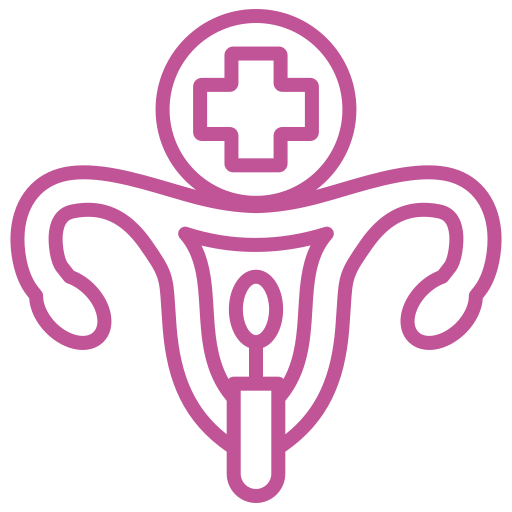
PAP smear and HPV test by doctor with years of experience
Self-sampling test for HPV also available
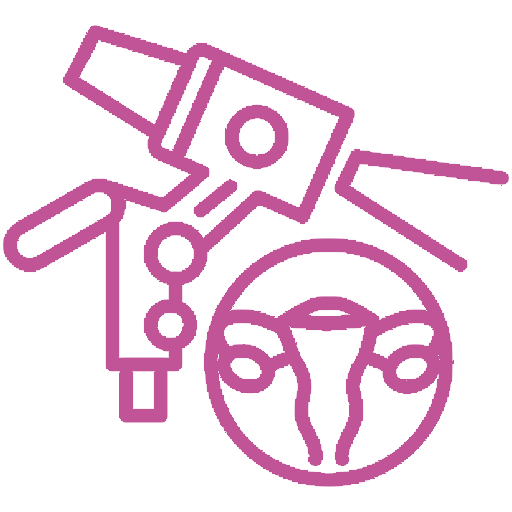
Performed in a comfortable and private setting
Post-procedure care and support

Dr Ida Ismail-Pratt is a Consultant Obstetrician & Gynaecologist specialising in cervical cancer prevention and an internationally recognised expert in HPV-related diseases. She previously served as the lead colposcopist at the National University Hospital (NUH), where she established and managed colposcopy services for eight years.
Dr Ida is currently the President of the Society of Colposcopy and Cervical Pathology Singapore (SCCPS), and she has been accredited by the British Society of Colposcopy since 2007, ensuring her practice remains evidence-based and up-to-date.
In Singapore, Dr Ida led the introduction of the HPV DNA test at NUH in 2014 and helped implement HPV primary screening as part of national guidelines. Internationally, she co-directs the International Society of Gynaecological Cancer(ICGS)’s Preinvasive Certificate Program and leads initiatives to improve cervical cancer prevention in low- and middle-income countries.
Cervical health is crucial for your overall health. Regular cervical cancer screenings and colposcopies can be the difference between easy intervention and complex treatments down the line.
What you can avoid with regular screening:
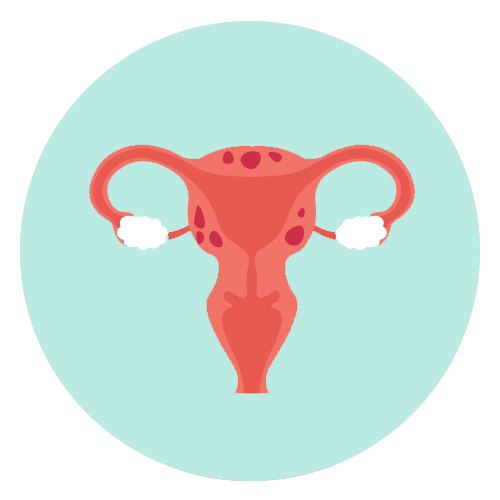
Undetected HPV infections can lead to cervical cancer.

Most women don’t notice symptoms until they’re advanced, limiting treatment options.

Catching issues early means better health outcomes.
At Athena Women’s Specialist, we’re here to make these critical checks as straightforward as possible, putting control back in your hands and giving you peace of mind.
Many women feel anxious about cervical health and HPV infections. So, we offer flexible options, balancing your need for privacy and guidance.
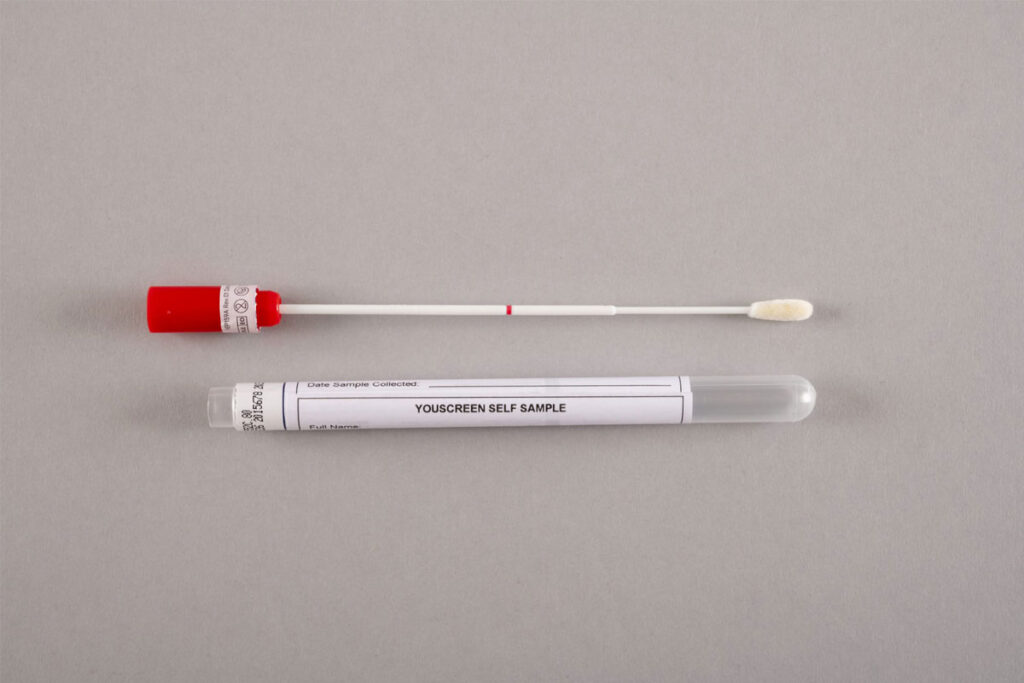
If you prefer more privacy, we offer a self-sampling kit:
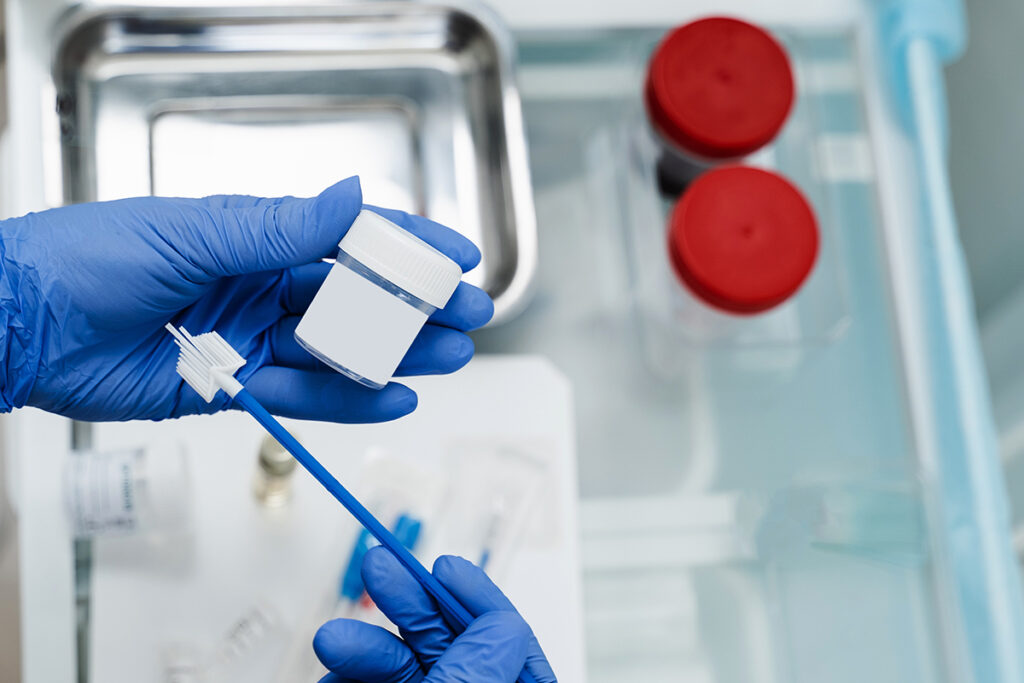
If you prefer professional assistance, our team is here to help:
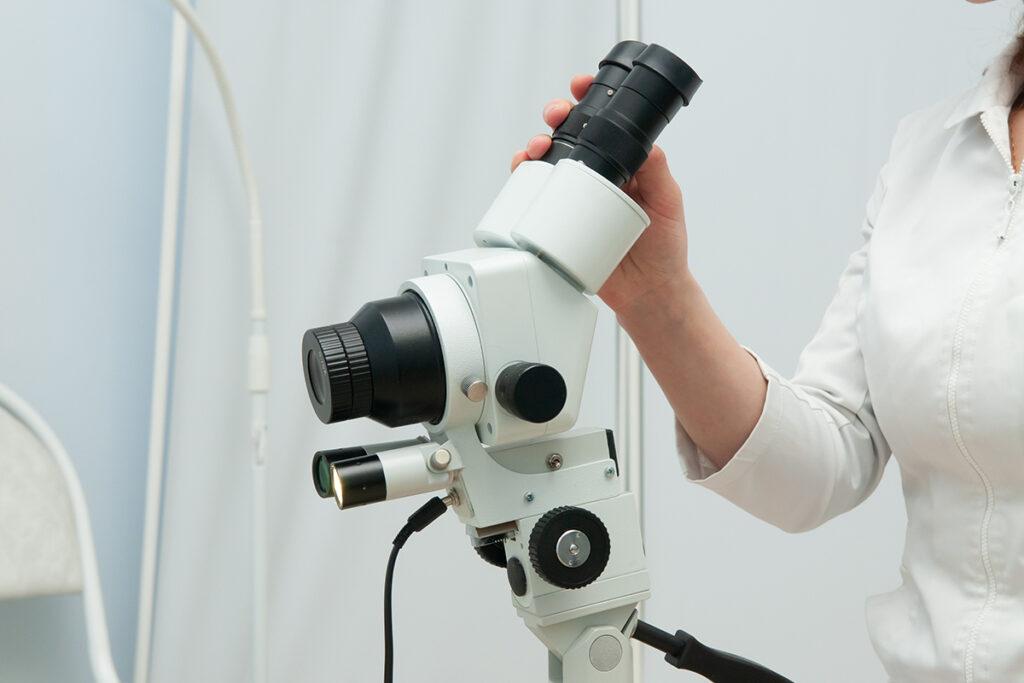
In the case of any irregular screening results, a colposcopy provides a closer look:
Not sure what exactly screening entails? Here’s a simple guide.
✦ You’ll meet with Dr Ida to discuss your health history and any concerns regarding HPV.
✦ You can ask any questions you have about your cervical health.
For The HPV Self-Sampling:
✦ You may be asked to empty your bladder before the screening.
✦ A nurse will guide you to a private exam on the procedure.
For HPV Screening by Physician Sampling:
✦ You may be asked to empty your bladder before the screening.
✦ Dr Ida will guide you through the procedure and perform the HPV test for you.
Physician Sampling:
✦ Dr Ida will perform a pelvic exam to collect a sample of cells from your cervix.
✦ The process is quick, with minimal discomfort.
✦ You’ll meet with Dr Ida to discuss your health history and any concerns regarding HPV.
✦ You will receive clear instructions on how to care for yourself following the test.
✦ Results from your HPV screening will generally be available within a week.
✦ A follow-up appointment will be scheduled to discuss your results and any necessary next steps, like vaccination.
A colposcopy is a detailed examination of the cervix, vagina and vulva using a special magnifying instrument called a colposcope to determine whether you have any abnormal cell that has the potential to become cancer after an irregular screening result.

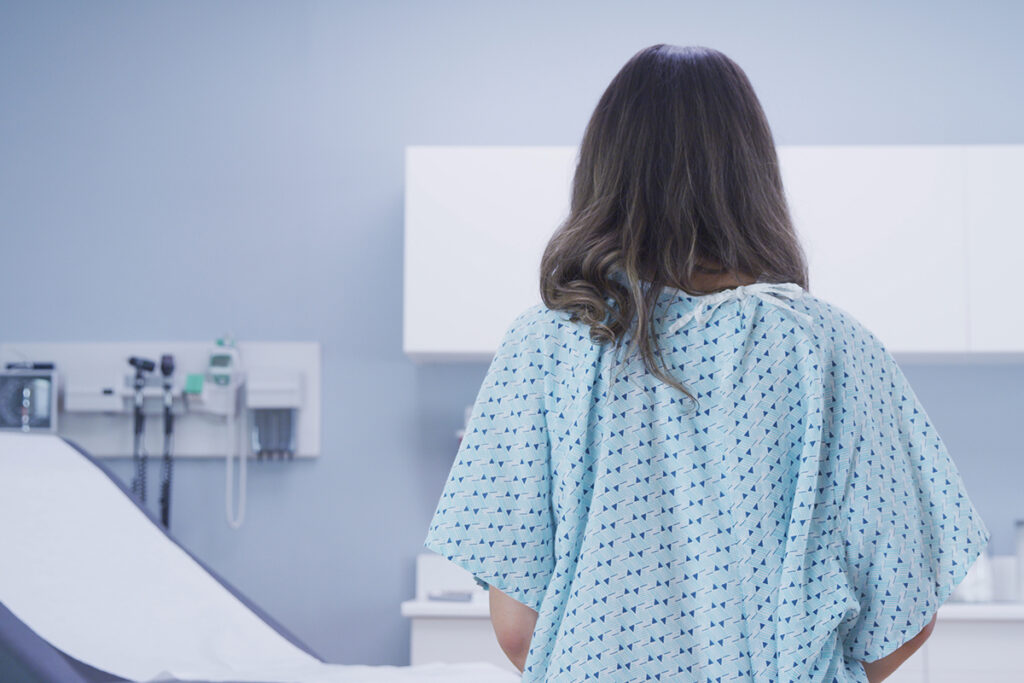
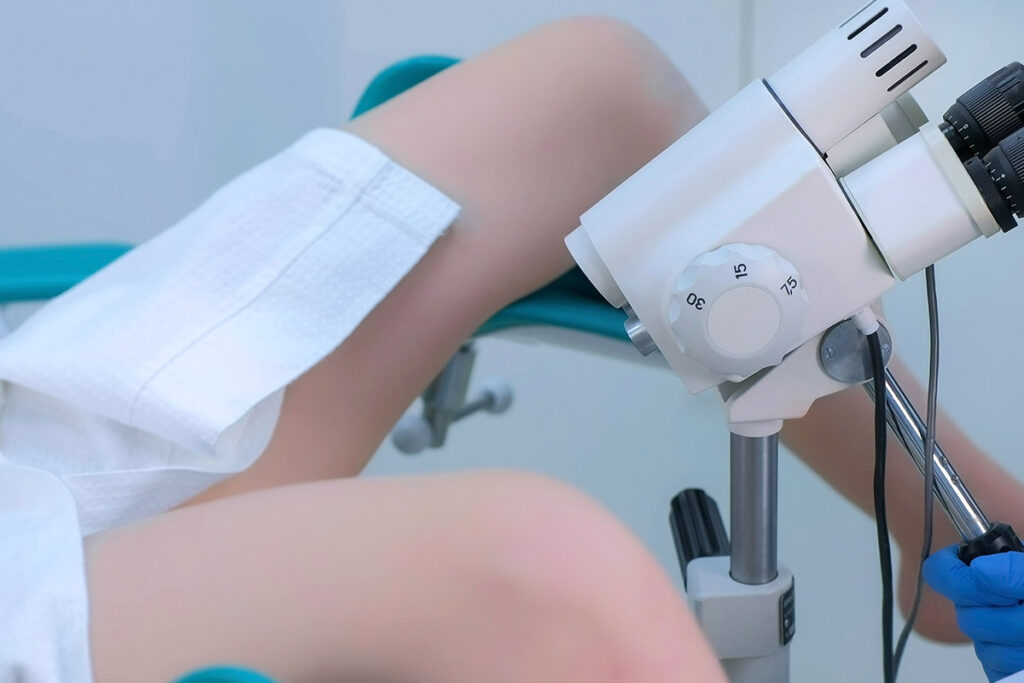


✦ Before the colposcopy, Dr. Ida will discuss your reasons for the procedure, review your medical history, and explain the process in detail. This is your opportunity to ask questions and express any concerns.
For The Colposcopy:
✦ You’ll be asked to empty your bladder.
✦ A nurse will guide you to a comfortable exam room and provide a gown for you to change into.
✦ You may be asked to lie on an exam table with your feet in stirrups, similar to a pelvic exam.
✦ Dr. Ida will conduct a routine pelvic exam to ensure you are comfortable.
✦ A colposcopy procedure will be performed using a colposcope and special solutions to highlight any abnormal areas on the cervix.
✦ Dr. Ida may or may not take a biopsy, depending on the findings from the colposcopy.
✦ Post-procedure, you’ll be given information on what to expect, including possible spotting or cramping.
✦ If you had a cervical biopsy done during a colposcopy, it is recommended to avoid sexual intercourse and tampons for 2 weeks to allow your cervix to heal.
✦ You’ll receive instructions on when to expect your results, typically within a week.
✦ A follow-up appointment will be scheduled to discuss the findings and any necessary next steps.
At Athena Women’s Specialist, we prioritise compassionate care and empowerment for every woman who walks through our doors.
We believe that being informed and feeling in control is essential for alleviating anxiety and fear surrounding health issues. Open communication is key in our practice. We engage openly with our patients, encouraging them to share any concerns or fears they have.
Our goal is to foster a partnership with our patients rather than simply providing a service. We guide them through their health journeys, ensuring they feel supported every step of the way.
Cervical screening can be the first crucial step for your overall wellness. At Athena Women’s Specialist, we’re committed to guiding you every step of the way. Whether you’re ready to schedule your cervical screening, have questions about cervical screening, or need more information, our team is here to help.
The Singapore National Cervical Cancer Screening guidelines recommend that women begin screening at age 25. This applies to all women who have had any sexual activity, regardless of their sexual history. Screening does not apply to virgins. Women aged 25 to 29 are advised to have a Pap smear every three years, while women aged 30 to 69 should have an HPV test every five years.
If you have an immunosuppressive condition, your screening may be slightly different. Please consult a doctor for more information.
A pap smear test checks for abnormal cervical cells, while HPV testing detects the presence of human papillomavirus, which can lead to cervical cancer.
If your screening results are abnormal, it does not mean that you have cancer. Our team will guide you through the next steps, which may include a colposcopy or additional testing.
Most women experience only mild discomfort during the cervical cancer examination process. If you feel anxious, let us know. We can help make the process as comfortable as possible.
The HPV vaccine helps protect against some of the common types of HPV that can lead to cervical cancer. It is recommended for both boys and girls aged 9 to 45. Speak with Dr. Ida to see if it’s right for you.
To prepare for your appointment, avoid scheduling it during your menstrual period.
